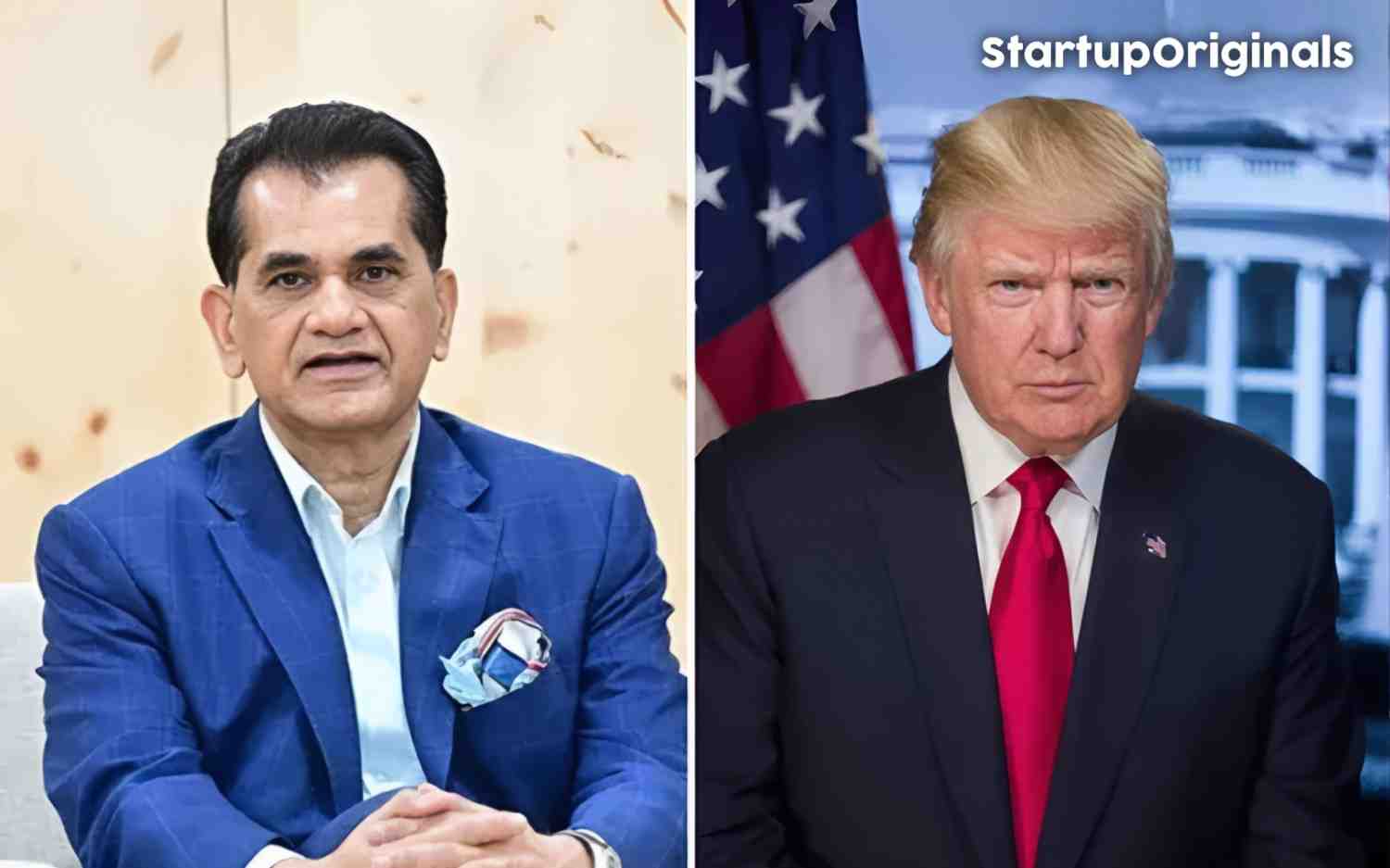
The Trump administration is set to impose a $100,000 annual fee for each H-1B visa, one of the largest changes in recent U.S. immigration policy. Former NITI Aayog CEO Amitabh Kant has criticized the move, saying it will “choke U.S. innovation” while “turbocharge India’s.” India, being the largest beneficiary of H-1B visas, could see many professionals staying home or returning, which may boost its own tech and startup sectors.
What Is Being Proposed:
- Under the new rule, U.S. companies sponsoring H-1B workers would need to pay $100,000 per year per visa.
- The aim, according to U.S. officials, is to prioritize American workers over foreign talent, lowering dependency on overseas skilled labor.
- Legal and policy details are still being worked out, questions remain over duration (whether for all 3/6 years of visa stay), enforcement, and whether this will face legal challenges.
Amitabh Kant’s Reaction & What It Means for India:
- Amitabh Kant reacted strongly on X (formerly Twitter), stating that while the policy could hurt innovation in the U.S., it presents an opportunity for India. “America’s loss will be India’s gain,” he wrote.
- He believes that this change could encourage Indian engineers, scientists, and innovators to either stay in India or return, thereby accelerating India’s progress in technology, labs, patents, and startup activity.
Potential Impacts & Consequences
- For the U.S.:
- Tech companies may find hiring foreign talent prohibitively expensive, which could cut down their ability to compete globally.
- There may be a slowdown in innovation, research, and development if the pipeline of foreign skilled workers is squeezed.
- For India:
- A likely increase in retention of international talent, reduced brain drain, and more startups and R&D labs based inside the country.
- Boost to “Make in India,” “Viksit Bharat,” and other government initiatives aimed at strengthening local innovation ecosystems.
Challenges & Uncertainties:
- How companies will adapt contracts and salary structures if such a fee becomes law. It could lead to offshoring or hiring strategies shifting to other markets.
- Whether this policy will stand up to legal scrutiny, whether Congress has to approve, or whether courts will challenge its constitutionality.
- How much of the talent shift will be permanent vs temporary, and how quickly India can scale up infrastructure and opportunities to absorb returning skill.
Conclusion:
The proposed $100,000 H-1B visa fee is more than just a policy change—it could reshape global flows of tech talent. According to Amitabh Kant, while this may hurt U.S. innovation, it could be a turning point for India, creating opportunity in labs, startups, and R&D. How this unfolds will depend on implementation, legal pushback, and India’s ability to capitalize on this moment.




